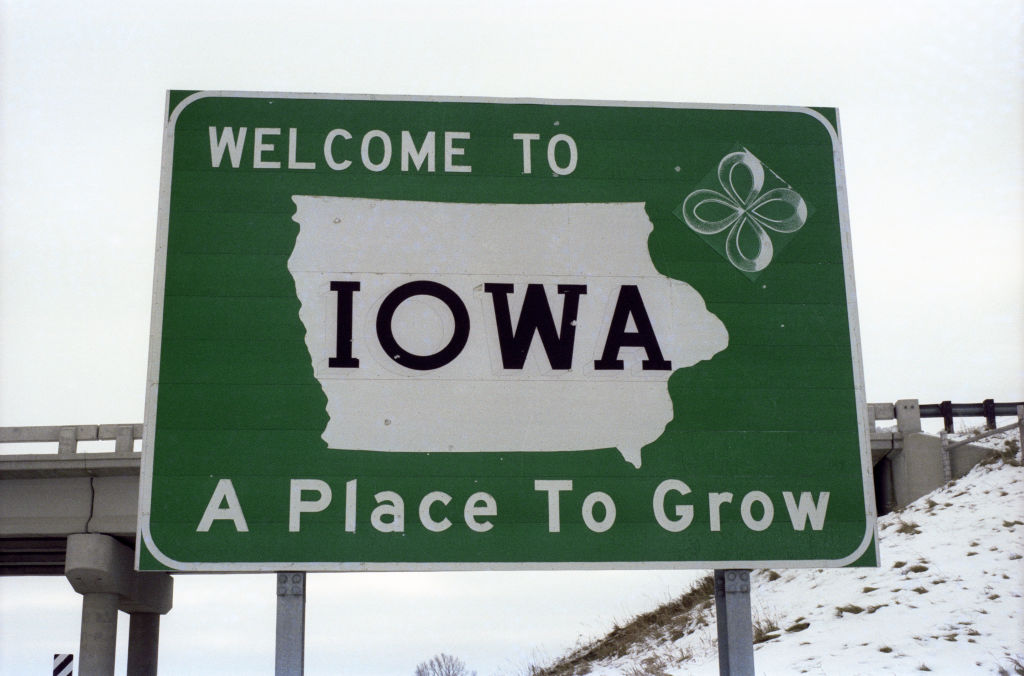A NEWSONE EXCLUSIVE REPORT
Sixty percent of black girls have experienced sexual abuse at the hands of black men before reaching the age of 18, according to an ongoing study conducted by Black Women’s Blueprint.
More than 300 black women nationwide participated in the study and 700 more are being sought to take in the survey by March 2012.
RELATED: An ‘Unlikely Victim’ Of Domestic Violence Speaks Out
Farah Tanis, Co-Founder of the New York-based organization and co-author of the study, says the issue of domestic and sexual abuse in the black community is rarely discussed and that a sixty percent rate should be a wake-up call to black women.
“A similar study which was conducted by The Black Women’s Health Imperative seven years ago found that that number was about 40 percent,” Tanis says. “So that means there is an increase and we need to stop neglecting that issue.”
D.C. Has No Love For Women Of Color
The study comes just as U.S. Senators Patrick Leahy (D-Vt.) and Mike Crapo (R-Idaho) introduced legislation reauthorizing the landmark Violence Against Women Act (VAWA) this week.
While domestic violence advocates praise both senators’ efforts to strengthen the bill, Tanis and other advocates who deal specifically with minority women are advocating for language in the new act that specifically allocates funds to communities of color. More specifically, Tanis and her organization are seeking funding for small community groups which have closer cultural ties to women of color that larger organizations don’t have.
Rita Smith, the Executive Director of the National Coalition Against Domestic Violence, a Denver-based national organization that develops policy on domestic violence issues, says smaller domestic violence groups are often better equipped to work with women of color than larger, more traditional organizations.
“Reports from these local communities to their national representatives has made it clear for some time that victims who are Latino, African American, Asian and Native American have not been served adequately by mainstream programs,” Smith says. “For some communities it is important to establish services that address the cultural, spiritual or immigration status needs of victims, and while some mainstream programs attempt to respond to those needs, they are not universally addressing them in sufficient numbers.”
VAWA, as it is currently written, does include language that allots “grants for outreach and services to under-served populations.” But no racial language is written into the act. Federal law prohibits legislation that earmarks government funding based on race.
Back in 2005 when VAWA was being reauthorized, Rep. John Conyers (D-Mich.) fought unsuccessfully for race-specific language to be kept in a final draft of the act. He and several of his congressional colleagues expressed what they felt was Washington’s utter disregard for women of color.
“This language was necessary because the bureaucrats at the Department of Justice were ignoring communities of color when considering grants from domestic violence, rape prevention and other organizations,” Conyers argued in Congress.
Rep. Hilda Solis (D-Calif.), also lobbied for stronger language to be including in VAWA.
“By addressing domestic violence in these communities in a way that understands their culture and honors their values, we greatly increase the chances of making a difference for women of color who are being abused,” she said.
Washington’s historic rebuff to race-language provisions does not surprise Olivia Dowd at all.
An outreach coordinator for Black Women’s Blueprint, Dowd feels policy makers have something of an elitist outlook concerning which organizations should get funding and who should be in charge of managing the resources.
She says she has been in domestic violence sessions with mostly black women where she, despite her years of on-the-ground experience with women of color, often has to play second fiddle to a 20 or 30-something white woman with a graduate degree but lacks the sophisticated sass and ethnic intuition black women need to be uplifted emotionally from abusive relationships.
“OK, this is the deal. Take this ‘V’ and put it on your head and then another ‘V’ because you are warrior women so get over it,”Dowd said, mocking a traditional letter-game exercise that encourages women in recovery to express themselves.
“As black women, that’s how we talk to one another. That’s how we grew up. As oppose to being the white missionary saying ‘Oh, the poor natives, how bad! Let me kiss your wounds.’ [Black women] don’t work like that. That doesn’t work with us.”
Call To Action
Domestic violence advocates say black women should be particularly active in writing and calling their congressmen to support the reauthorization of the VAWA because it affects them more than any other racial group. In fact, Black women experience domestic violence at a rate 35 percent higher than white women.
Advocates say VAWA needs to include language that:
1.) Puts control of domestic and sexual abuse prevention in the hands of the community, and placing less emphasis on law enforcement. “Police are not the only answer,” Tanis says.
2.) Empowers members of immigrant communities who, for example, would go to their Vodoun or Santeria priest for help before reaching out to a more traditional source of assistance like a domestic violence hotline.
3.) Specifies the different facets of domestic abuse and that verbal violence should be legally prosecutable.
4.) Recognizes that sexual assault in black community is a growing epidemic that requires special attention and resources.
5.) Encourages and educates men, especially black men, on the issue domestic and sexual violence.
This final point, is perhaps the most contentious issue of domestic and sexual violence in the black community.
Kereen Odate, Acting Director at the Center for Women’s Development at Medgar Evers College in New York, says black women are reluctant to discuss sexual and domestic abuse for fear of “vilifying the black man.”
Odate says there has always been something of an unexplored history of sexually dysfunctional behavior in the black community that dates back to slavery. For example, Odate cites mating practices that forced black male slaves to have intercourse with female slaves as the origin of shame that keeps black communities silence about domestic and sexual abuse to this very day.
“You were raped,” Odate says, “but you weren’t raped because it was for the for purpose of making more kids to work on the plantation, so there’s a whole history involved.”
Tanis, citing the 60 percent sexual assault rate, urges black women to be more proactive in advocacy issues like supporting VAWA because no one else will fight for needs on Capital Hill.
“Its critical, whether or not we feel comfortable talking and doing something about it,” Tanis says”
NEWSONE RESOURCES: Are You Being Abused?
If you or someone you know is a victim of domestic violence, there are organizations nationwide just a phone call away that can assist you.
Safe Horizon Domestic Violence Hotline: 800.621.HOPE (4673)
National Domestic Violence Hotline 1-800-799-SAFE (7233) or (206) 787-3224 (Video Phone for Deaf Callers)
For more resources on how domestic and sexual abuse affects the black community, see the Institute on Domestic Violence in the African American Community’s fact sheet.
RELATED:
David Boston Arrested: Former NFL Player Faces Charges Of Aggravated Battery
Hamid Karzai, Afghanistan President, Pardons Imprisoned Rape Victim























